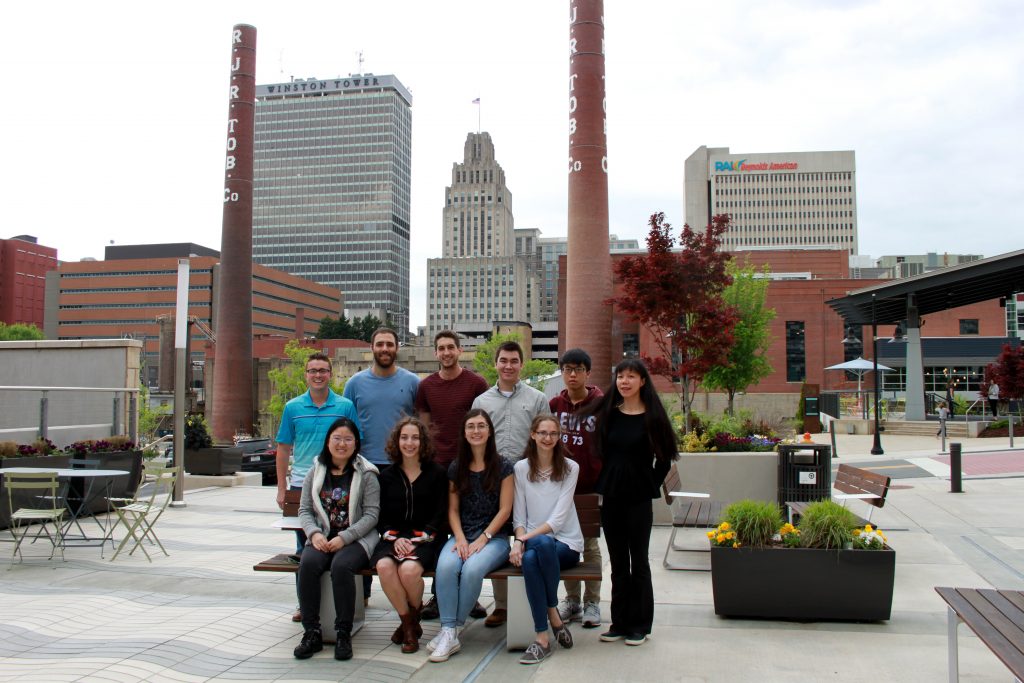Dr. Ke Zhang Receives Funding by National Institute of Health for Research on Multifunctional Proteins
December 3, 2020
by Yassmin Shaltout

Associate Professor of Biology Dr. Ke Zhang was recently awarded $430,122 for her proposal titled “Investigation of multifunctional proteins that integrate packaging RNPs, RNA export, and translation.” She is the Principle Investigator (PI) of the R15 grant, which is funded by the National Institute of Health to support commendable research while also exposing students to research to strengthen the research advancements of an institution. Dr. Zhang has excelled in both of these regards.

With a general passion for epigenome regulation, Dr. Zhang’s Lab focuses on the mechanisms that modify the genome to alter gene expression. Gene expression is how information from a gene is used in making a functional gene product, such as protein. Zhang emphasizes that “it is a fundamental cellular process and orders in many steps, including DNA to RNA to protein.”
In eukaryotes, like humans, DNA is stored in the nucleus while protein is synthesized in the cytoplasm. As a result, eukaryotic gene expression is challenged by the physical separation of generating RNA from DNA to then convert RNA to proteins within different cellular compartments. In the nucleus, RNAs are manufactured and assembled into RNA-protein particles (RNPs) before being exported to the cytoplasm for protein synthesis. This transportation process is integral since defective RNP export can cause abnormal RNA accumulation in the nucleus, which can form damaging DNA-RNA structures and cause mutations in the genome. The effect of abnormal nuclear RNA accumulation on genome integrity is poorly understood, as are the proteins that coordinate RNA export and protein synthesis – however, Dr. Zhang’s lab is working to chip away at these mysteries.
“My team studies eukaryotic gene expression using the robust experimental platform of fission yeast. In this National Institute of Health-funded project, we identified protein Elf1 (Elongation-Like Factor 1), an AAA+ ATPase implicated in maintaining genome integrity, RNP export, and protein synthesis.“
Dr. Zhang
This discovery is phenomenal, and the ongoing project will continue to bring to light new and essential information about the functional coordination between different gene expression stages. In addition to valuable research outcomes, Dr. Zhang is also committed to training undergraduate and graduate students to be thoughtful and effective scientists. Currently under her training and contributing to this project are students: Jason Hou (senior with a co-authored publication), David Ai (sophomore), Madi Metheby (Junior). Former undergraduate students Elizabeth Black, Reid Huckabee, and Alicia Anderson also contributed to generate preliminary data for this project. By implementing research and student training, Dr. Zhang hopes that her team will soon generate new quantitative genetic tools that the fission yeast community will surely cherish.
Recent Posts
- WFU students provide STEM and art kits for elementary children November 11, 2020
- WFU awarded $700K+ to advance new model for engineering education October 8, 2020
- Wake Forest and the New Museum present ‘IdeasCity Winston-Salem’ October 1, 2020
